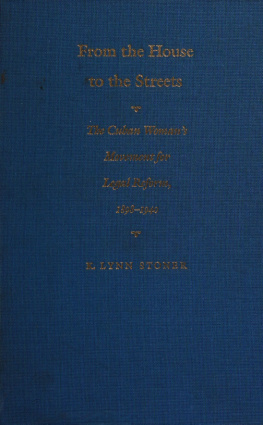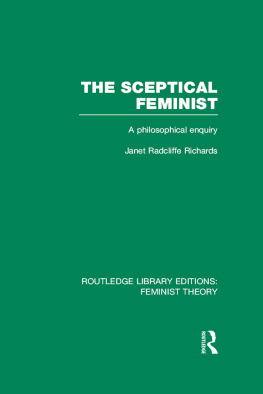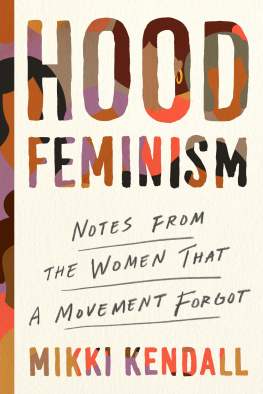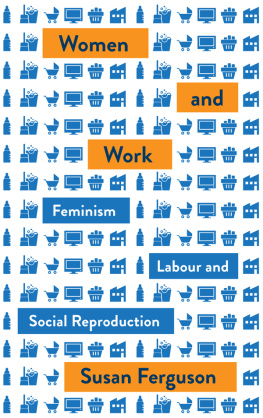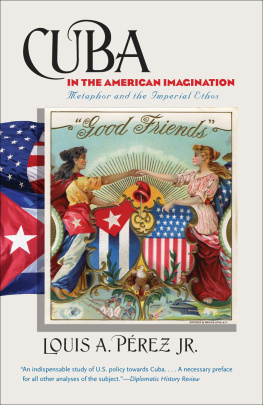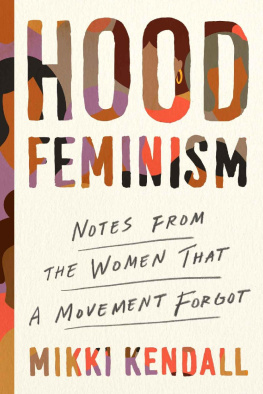
From the house to the streets : the Cuban woman's movement for legal reform, 1898-1940
Stoner, K. Lynn
This book was produced in EPUB format by the Internet Archive.
The book pages were scanned and converted to EPUB format automatically. This process relies on optical character recognition, and is somewhat susceptible to errors. The book may not offer the correct reading sequence, and there may be weird characters, non-words, and incorrect guesses at structure. Some page numbers and headers or footers may remain from the scanned page. The process which identifies images might have found stray marks on the page which are not actually images from the book. The hidden page numbering which may be available to your ereader corresponds to the numbered pages in the print edition, but is not an exact match; page numbers will increment at the same rate as the corresponding print edition, but we may have started numbering before the print book's visible page numbers. The Internet Archive is working to improve the scanning process and resulting books, but in the meantime, we hope that this book will be useful to you.
The Internet Archive was founded in 1996 to build an Internet library and to promote universal access to all knowledge. The Archive's purposes include offering permanent access for researchers, historians, scholars, people with disabilities, and the general public to historical collections that exist in digital format. The Internet Archive includes texts, audio, moving images, and software as well as archived web pages, and provides specialized services for information access for the blind and other persons with disabilities.
Created with abbyy2epub (v.1.7.6)
From the House to the Streets
Library
IJ0.P.
Indiana, PA
Si 7Z-&
From the House to the Streets
The Cuban Womans
Movement for Legal Reform,
1898-1940
v
K. LYNN STONE
/
m
m
a
J
4Sg>
DUKE UNIVERSITY PRESS
Duke University Press All rights reserved.
Printed in the United States of America on acid-free paper
Library of Congress Cataloging-in-Publication Data Stoner, K. Lynn.
From the house to the streets : the Cuban womans movement for legal reform, 1898-1940 / K. Lynn Stoner, p. cm.
Includes bibliographical references and index. isbn 0-8223-1131-3. isbn 0-8223-1149-6 (pbk.)
1. Womens rightsCubaHistory. 2. WomenLegal status, laws, etc.CubaHistory. 3. FeminismCubaHistory. I. Tide. HQ1236.5.C9S76 1991
305-42'o9729idc20 90-48182
CIP
A000005flk7c105
For my parents
Henry H. and Frances P. Stoner
I
IO
Contents
Tables viii Acknowledgments ix
Preface i
Introduction 9
Breaking the Mold 13
Statecraft and Womens Rights, 1902-1918 34
Feminist Congresses and Organizations 54
A Prosopography of the Feminist Leadership 78
The Feminist Journalists 87
Womens Suffrage and the Question of Democracy 108
Feminism and Social Motherhood 127
Legislating Morality 146
Fields, Factories, and Feminists 167
Blacks, Whites, and Women: The Equal Rights Law 185
Conclusion 193
Appendix 197
Notes 201 Bibliography 221 Index 239
Tables
1. Total Population Growth, 17741931 18
2. Proportion of Illegitimacy by Region and Age, 1919 64
3. Proportion of Illegitimacy by Age and Race, 1919 64
4. Comparison of Marital Status of Feminists with that of
White Women in Havana and throughout Cuba, 1943 80
5. Comparison of the Marital Status of Feminist Leaders with
that of All Cuban Women by Age Group, 1943 81
6. Expansion of Literacy for Persons Five Years and Older,
by Gender, 1899-1943 132
7. Literate Population Five Years and Older, by Province and
Gender, 1931 and 1943 132
8. Enrollment at University of Havana, by Race and Gender,
1929-30 137
9. Percentage Increase of Women in the Female Labor Force by
Working Classification, 18991953 169
Acknowledgments
This book has been ten years in the making, and it is the result of many peoples efforts in both Cuba and the United States. It began as a doctoral dissertation at a time when travel to Cuba was possible under tourist visa but little contact between academic communities existed for facilitating graduate research. Choosing to study Cuban women took an act of faith that only a naive graduate student would have made. Yet Cubans living in this country assured me that a dynamic and effective Cuban womans movement had existed and that there was sufficient historical evidence in the United States to complete the dissertation. Miguel Soils, now retired, was a bibliographer at Indiana Universitys Lily Library who encouraged my study of the womans movement by suggesting starting points and sources. Armando Gonzalez, retired Assistant Chief of the Hispanic Law Division of the Library of Congress, gave coundess hours of advice about the use of legal documents and clarified obscure legal terms. Pablo Calvan, librarian in the Library of Congress microfilm reading room, took an active interest in my sources and enjoyed sharing my rich materials and interpreting cubichismos not found in dictionaries.
In the early stages of research three Cuban feminists were still living, and they graciously agreed to help me write a history of the feminist movement. They knew this book would be a testimony to their work as young women, so they listened to my questions, searched for documents, and answered me honestly. Marfa Gomez Carbonell, the first female house representative and senator in Cuba, met with me once and wrote several letters in response to questions about her perspectives on feminism during the 1920s and 1930s. Ana Moya de Perrera, the superintendent of public schools in Havana province during the 1950s, shared information she had collected for a book on Cuban women she never wrote. Elena Mederos de Gonzalez, a feminist and a social reformer, was my most important guide. She was a woman of great integrity who worked for the benefit of Cuban women, culture, and social justice. In her last years she became my friend. She taught me about Cuba and the womans movement there, but her greatest messages were about life and ultimately about death.
Other Cuban exiles led me to documents that enriched my work. Rosa Abella and Lesbia Varona at the University of Miami opened their resources to me, and they have been waiting too long for the publication of this work. Dr. Asuncion Lavrin, the pioneer of Latin American womens history, has been a loyal colleague and friend. Few areas of research have been opened by a more generous scholar, who never failed to share material, ideas, and encouragement. Her elegance and kindness set a high standard for those of us who share her enthusiasm for womens history.
Next page
